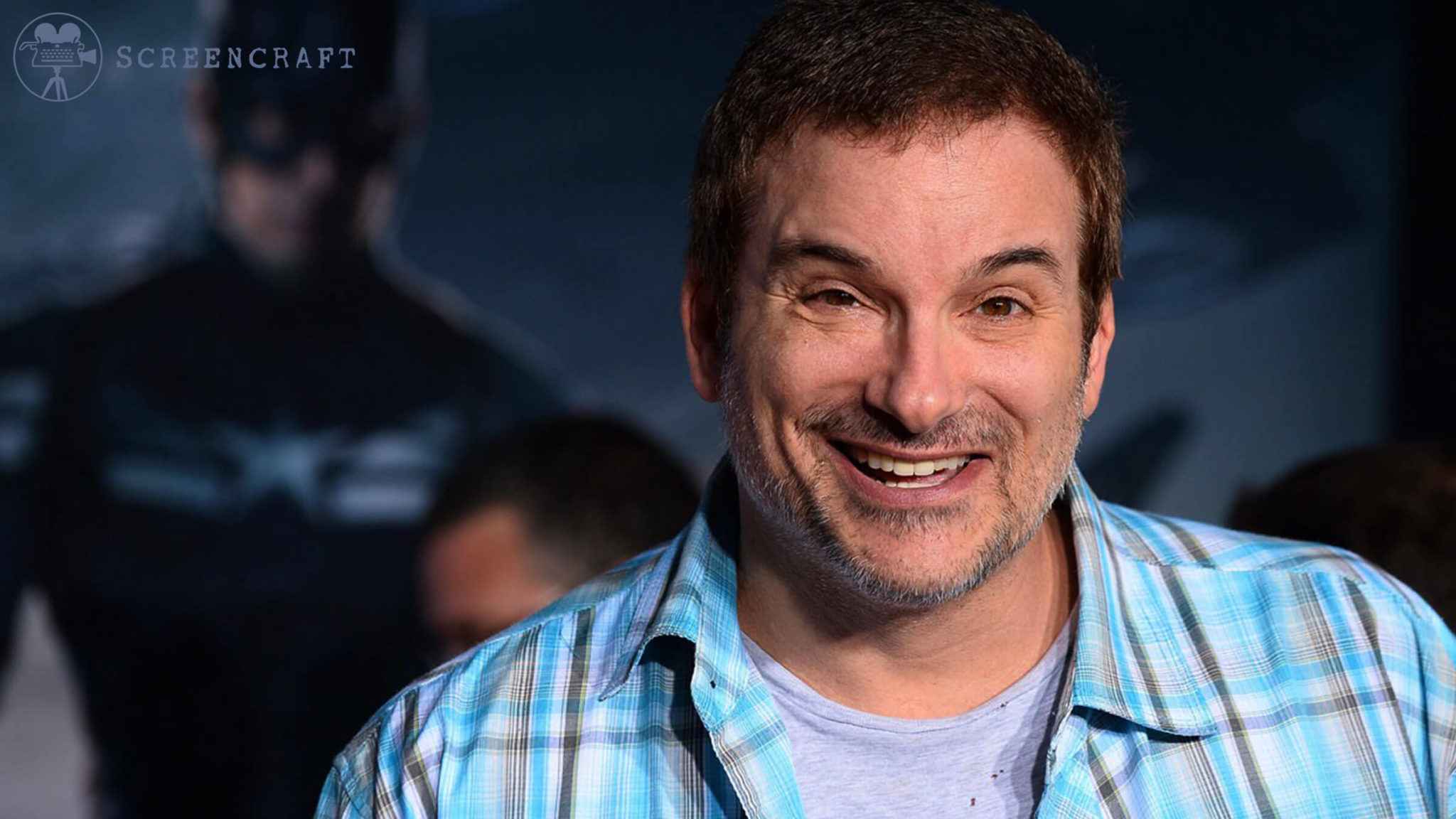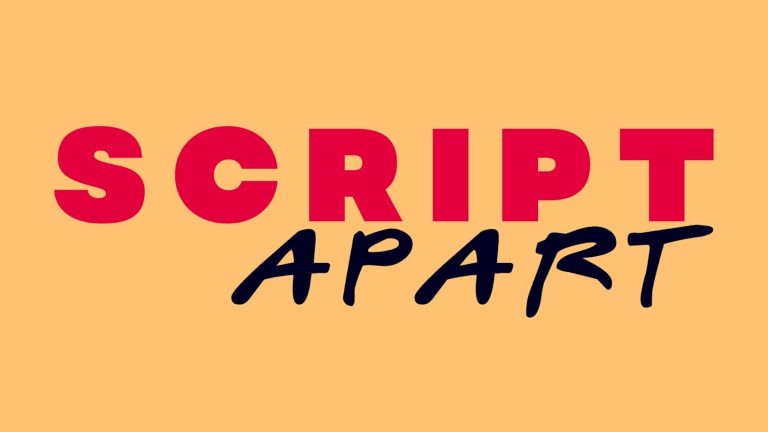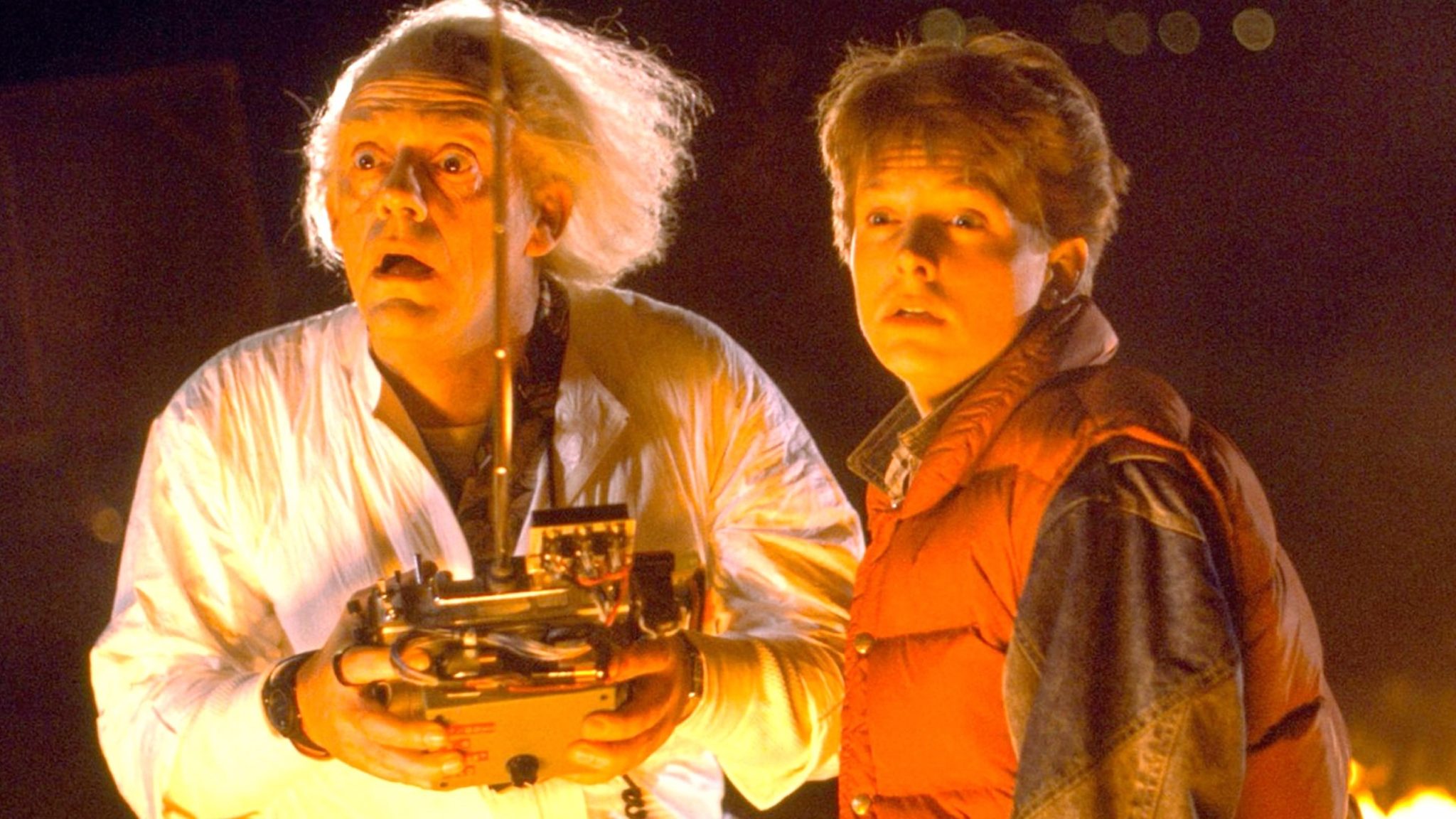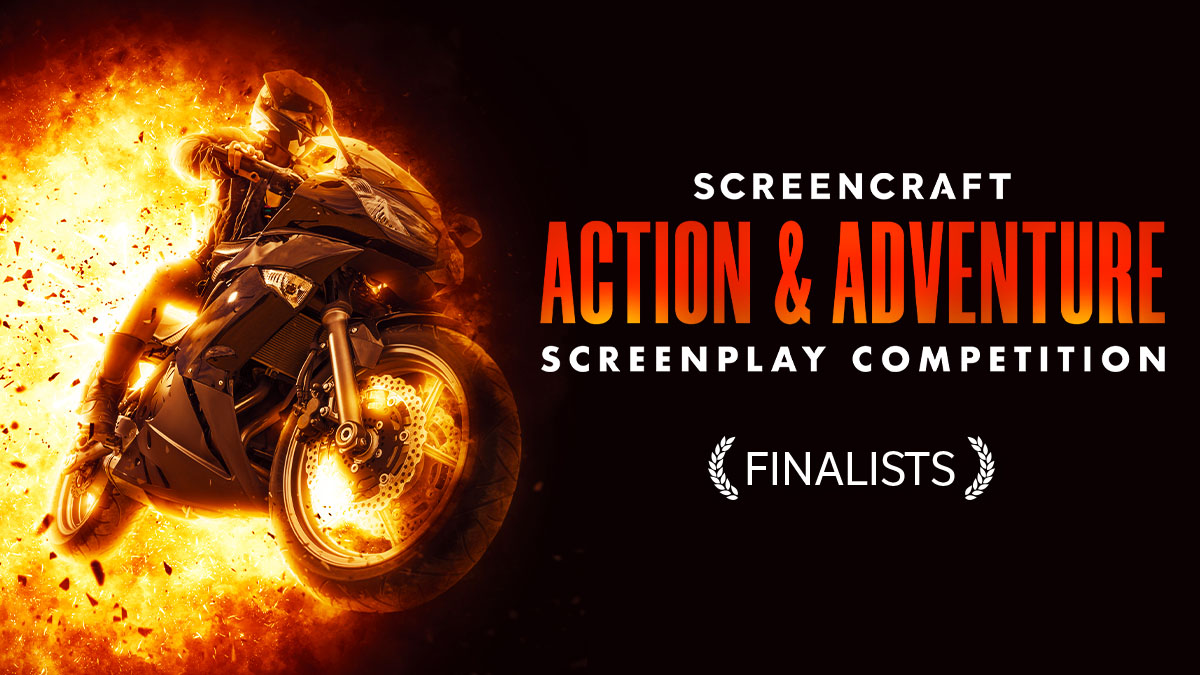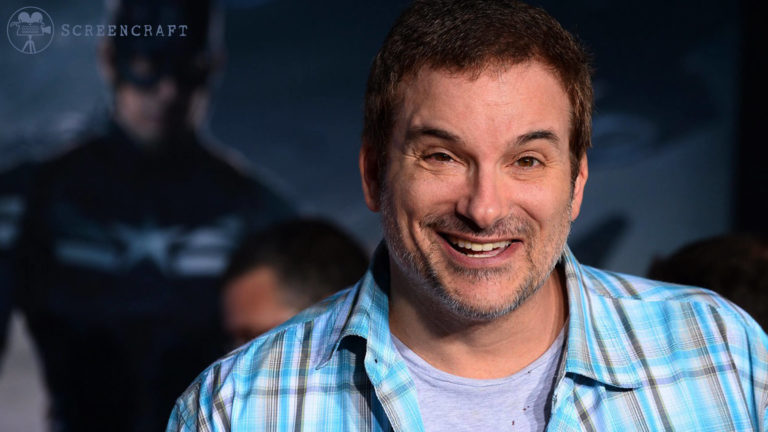
Shane Black, one of the most respected and influential screenwriters in modern cinema shares tips on how to write explosive action.
Shane Black -- the screenwriting auteur behind Lethal Weapon, The Long Kiss Goodnight, The Nice Guys, Iron Man 3, and plenty others -- dropped by Script Apart, my podcast in which great screenwriters revisit their first drafts of acclaimed movies, to discuss his 2005 festive film noir Kiss Kiss Bang Bang, lifting the lid not only on that cult classic but on his writing process in general.
Across a fascinating ninety minutes, he revealed why “curiosity is the opposite of fear” in life and in screenplays, as well as why the screenwriting process he swears by involves filling up a shoebox in his cupboard for months on end with “stray thoughts and ideas that I then tip on the floor in search of connecting threads.” Here are a few great pieces of storytelling advice found in the episode. Listen to it in full below to discover even more…
Take a First-Person Approach to Action
Subjectivity is the key ingredient when it comes to action, says Shane -- the feeling of being in one character’s shoes as chaos unfolds around them. “Joe Carnahan did something remarkable in a film called The Grey, in which there’s a plane crash,” he recalls. “Plane crashes are hard to film, and expensive, too. He didn’t have a lot of money to film it so he did something incredible -- he did a subjective plane crash, all from the point of view of one person, and it’s riveting. That feels like an action scene that’s huge, but it costs nothing. He was smart enough to be subjective. It’s desperate and harrowing and we feel every moment.”
Writing action scenes from the perspective of one person not only allows the audience to share your protagonist’s adrenaline rush as they battle to survive -- it also unlocks fun details that give your scene specificity. “Most of us haven’t been in a deadly shoot-out. As you’re running through a deadly shoot-out, what are things you might see? What would stand out? Pretend you’re a camera as you run through a shoot-out -- that’s the essence to me of how to make the thing come alive on the page,” adds the auteur.
Keep Your Descriptions Short and Sharp
Description is all good and well, but is it stopping your screenplay from gathering the can’t-put-down momentum you need to really draw in readers? “[Sometimes] you open up a script to the first page and there’s a big block of text that says: meet So-and-So. Outside cars stream by in the City of Blah Blah Blah. A palm tree lazily wafts in the evening breeze…,” says Shane. “If you’re a development executive for a streamer or studio, and you have to read seven scripts over a weekend. That sucks.
If they read the first seven or eight pages and it's heavy, they'll just chuck it. They'll say it was overwritten and dense.” Here’s what Shane says you can do to stop that happening: “Break it up! It shouldn't be this way but unfortunately it fucking is. People don't want to see black print, ink all across the page they want to see blank space. The right side as you look at the page has to look blanker than ink-filled. Because that way, it flows. It's more friendly to the eye. They'll find themselves on page 15 before they know it.”
Don’t Be Afraid to Have a Voice
In the Lethal Weapon spec script that made Shane a household name, he describes a house as “the sort of house I’ll buy when this movie’s a massive hit.” This type of self-awareness, zanily addressing the reader directly to add a bit of flavor to the script, is part of Shane’s style, and something emerging writers shouldn’t shy away from if they can find a similarly unique way to imprint their personality on the script.
“I’m not saying be a comedian where every page is a laugh fest. But play. Have some fun. Keep yourself awake if no one else. I used to put jokes in my script to keep myself awake, because I’m bored by connectors, describing how someone gets from here to here,” says Shane, who insists that these flourishes inform the tone of the finished movie. “The style of the screenplay’s writing is gonna reflect in the style of the movie that emerges from this.”
 Al Horner is a London-based journalist, screenwriter and presenter. His work has appeared in The Guardian, Empire Magazine, GQ, BBC, Little White Lies, TIME Magazine and more.
Al Horner is a London-based journalist, screenwriter and presenter. His work has appeared in The Guardian, Empire Magazine, GQ, BBC, Little White Lies, TIME Magazine and more.
Tags
Get Our Screenwriting Newsletter!
Get weekly writing inspiration delivered to your inbox - including industry news, popular articles, and more!



